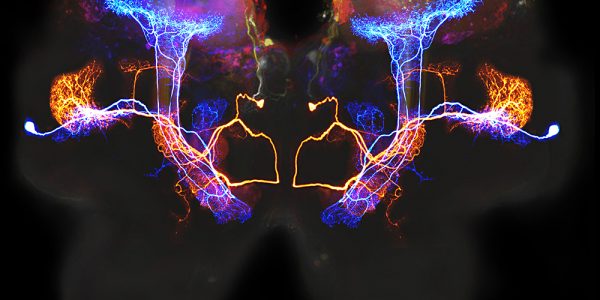There are always new consciousness theories or explanations for what it might mean. But none of the theories can explain mental health, questioning their relevance and accuracy, including existing dominant ones: global workspace theory, integrated information theory, predictive coding and processing and higher-order theories.
What is the point of defining consciousness in an era with mental health as the biggest story of mind, finding no place in how those theories shape its understanding?
Philosophical and scientific explanations of consciousness are not a match for mental health, making them out of place with reality.
Mental health is an area with no leadership, making whatever it actually is, confused with what harms or benefits.
Psychology does not lead mental health because psychology provides many forms of help that don’t define the constants of mental health. CBT is potent, but not for everyone all the time. CBT’s cognitive model that says automatic thoughts does not say where they come from, so what explains mental health for everyone all the time is not with psychology.
Psychiatry has relevance with serious mental illnesses, but says thought disorder when it does not define what thought order is, or says intrusive thoughts when it does not define what non-intrusive thoughts are, or says delusions and hallucinations when it does not say the quantity that gets the properties for what is experienced as delusion or hallucination. It also does not, towards ease, explain why side effects happen in psychopharmacology, by representations of senses in memory, with one affecting the other.
Neuroscience should have been the leader of mental health, but neuroscience belts along its core of cells, centers and molecules. To explain the brain has to be what cell, molecule or center is responsible for something, or to keep looking in those directions, when yes, it might be, but for what they mean as constants in experiences, they might not. Fear is not always a result of particular cells, molecules or centers, because there can be feel-like fear, there can be actual fear, there can also be anticipation of fear, all occurring in degrees with different sets [of cells and molecules] for builds or constructs of fear variations. There could be what should really cause fear but doesn’t, like reverses in other experiences, saying there are bosses [or builds or constructs] in the brain vetoing what any cell or molecule does.
Consciousness would have solved mental health, easily, if all the extrapolations where keyed into ill or healthy c, but consciousness that should have been limited to being and knowing, got untethered and went into the wild.
It does not really matter that global workspace theory says one thing is conscious in any moment, or background unconscious or binocular rivalry, when the anxiety faced by a teenager is crippling. It does not matter that integrated information theory says phi has to be present with information and integration for something to be conscious, when depression cannot be unraveled by both. Predictive coding and processing have no relevance when disappointment causes a serious breakdown, or when surprise causes delight, or when there is or there is no expectation, yet mental health suffers.
There are many angles of current mental health that are more harmful than helpful, especially with countless generalizations when constants decide, even though there are cases of affect by subjective experiences, that is not discounted.
What quantity and what properties make determination in every condition of mental health, ill-health and illness?
How does this shape understanding of the whole brain process towards care? It is not a consciousness theory if it cannot explain mental health.




